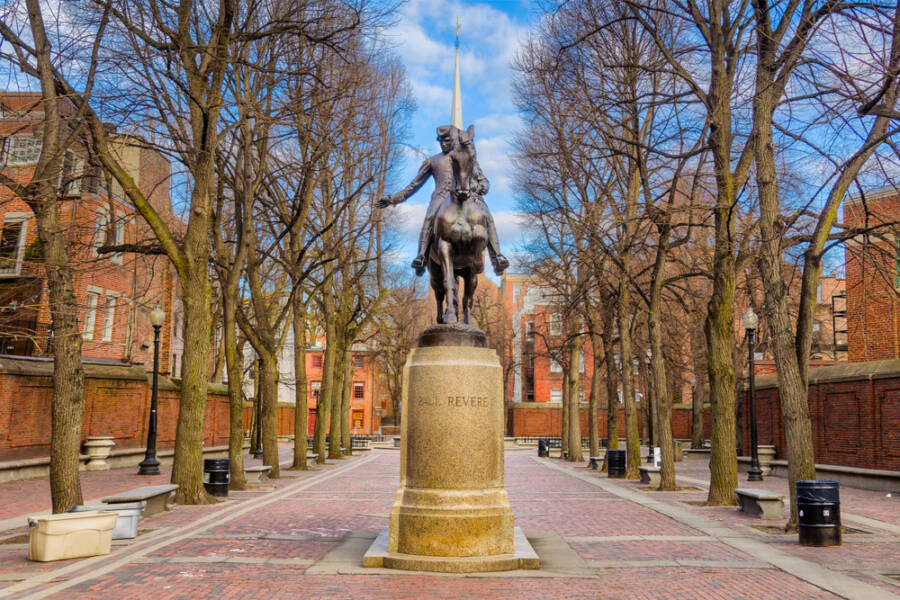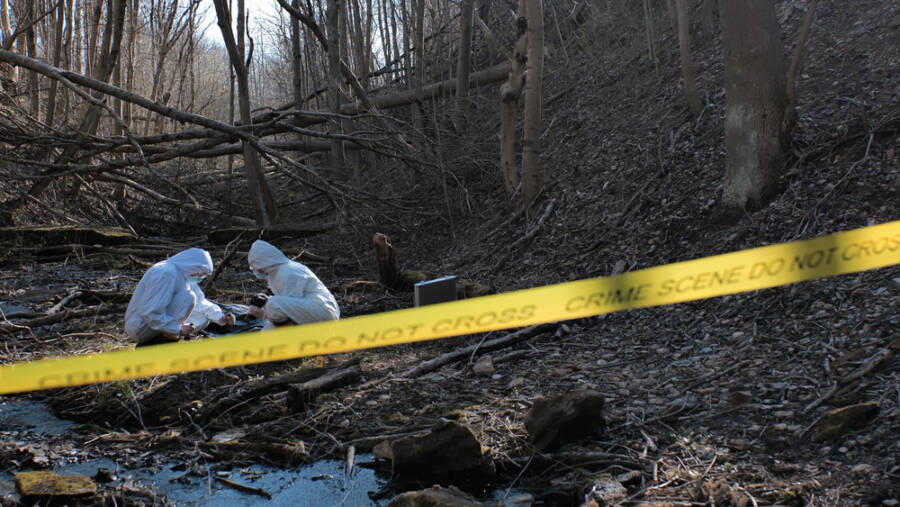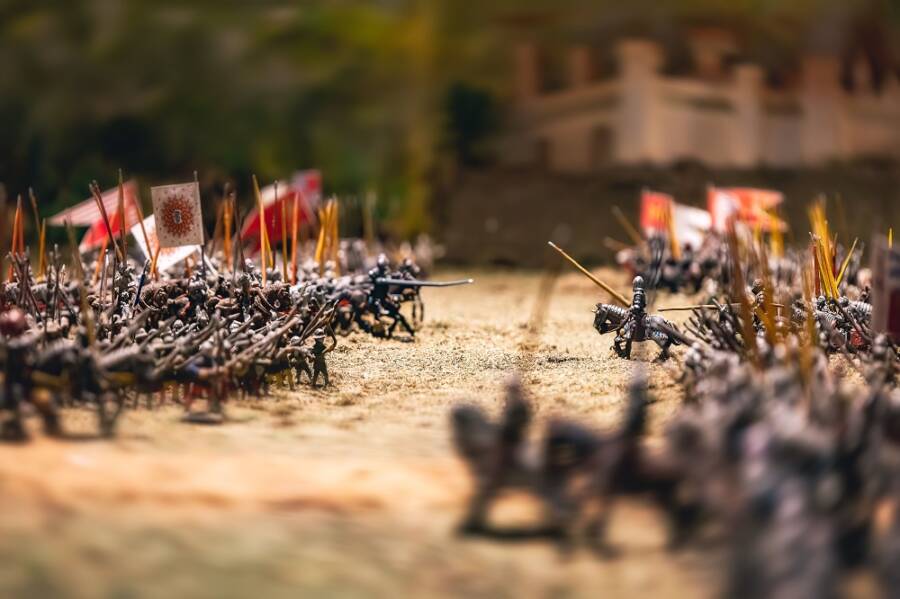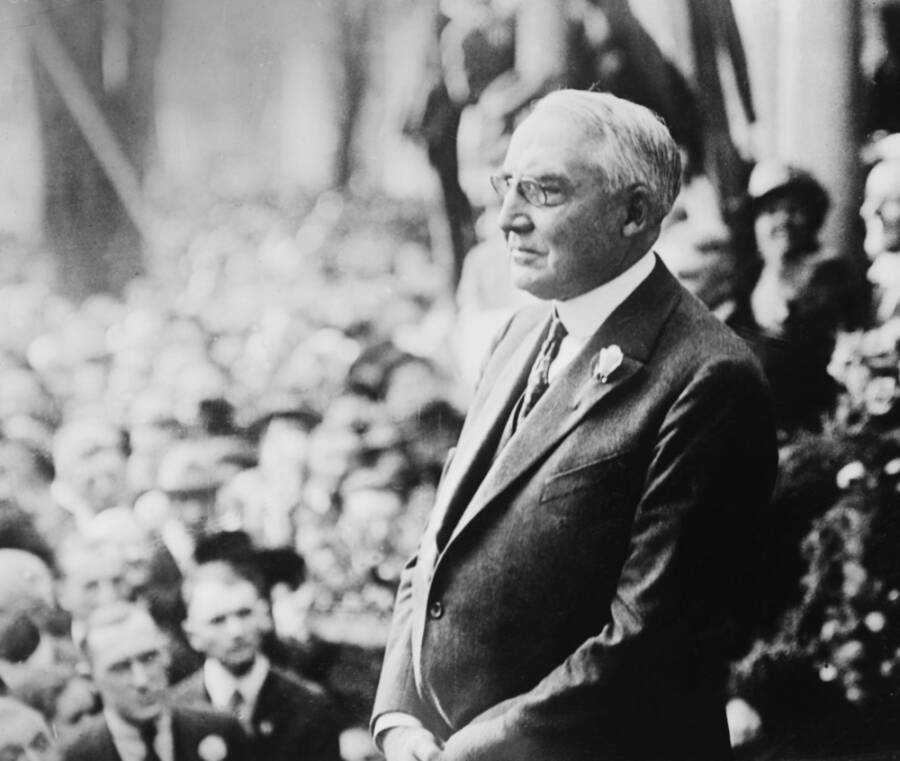Historical Controversies Have Always Fascinated The Public
It can be challenging at times to distinguish historical fact from fiction. In some cases, the absence of solid evidence makes a final conclusion impossible, while at other times, new findings keep changing the official story.
Scholarly biases can also muddy the waters at certain points. After all, when it comes to many such wonders, having your name attached to something can secure your spot in the history books or provide you with a fortune that lasts many lifetimes. Or, in some cases, both.
Many innovations and circumstances in history are open to passionate debate. The following historical controversies have all been hot-button topics at one point or another in time and have been debated for decades, sometimes even centuries.
And most of them have had recent developments, which have added another twist to the tale.
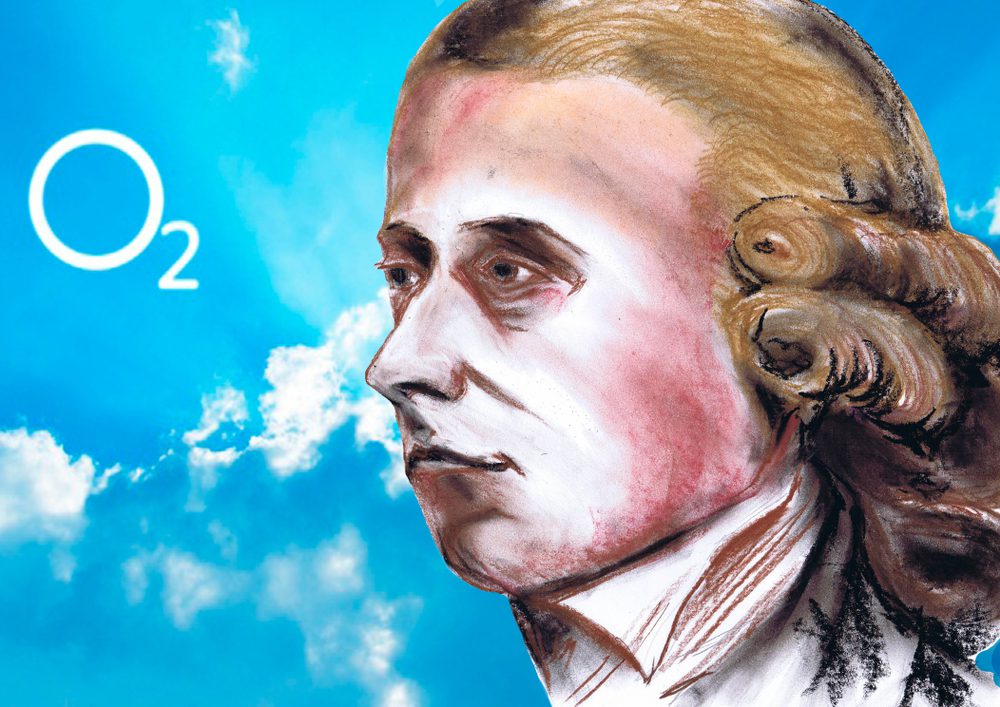
Historical Controversy: Who Discovered Oxygen?
English chemist Joseph Priestley discovered oxygen, right? Well, in fact, this is a big historical controversy among scholars. At least two other people claimed to have accomplished this achievement: Antoine Lavoisier and Carl Wilhelm Scheele.
And throughout history, there’ve been other scientists before these three who conducted experiments that produced oxygen. They just didn’t realize it at the time.
Priestley and the others were helped by the fact that they did their work at a time when belief in the phlogiston theory was dying out. Before that, it was widely accepted in scientific circles that a fire element called phlogiston was responsible for combustion.
Priestley himself was a believer in this theory. In 1774, he figured out that air was not an elementary substance but a mixture of multiple gases, including what he called “dephlogisticated air.” The French chemist Antoine Lavoisier gave it the name “oxygen.”
Besides naming the new gas, Lavoisier was also instrumental in discrediting the phlogiston theory. As far as his discovering oxygen independently of Priestley, though, his claim was criticized due to lack of evidence.
Priestley claimed he visited the French scientist before the discovery and told him of his experiments. An even stronger claim belongs to German-Swedish scientist Carl Scheele. The chemist discovered “fire air,” as he called oxygen, around 1771-1772.
He wrote a letter detailing his findings and sent it to Lavoisier, but he denied ever receiving it, and Scheele’s findings weren’t published until 1777. A copy of the letter was subsequently found after his death, supporting Scheele’s claim.
Historical Controversy: When Did Human Beings REALLY Appear?
Piecing together the stages of human evolution has been one of history’s most complex scientific attempts. New evidence is constantly being found that challenges what we previously believed.
In fact, as of 2017, scientists discovered something that might force us to rewrite human history completely: 315,000-year-old fossils of Homo sapiens.
They’re notable for two reasons: They’re 100,000 years older than the previous oldest fossils, and they aren’t from Sub-Saharan Africa. The findings were made at an archaeological site in Morocco.
A team led by Jean-Jacques Hublin found skeletons and tools which were originally thought to be Neanderthal and no more than 40,000 years old. Yet, the surrounding fauna seemed to be much older.
Thermoluminescence dating tests placed the tools at about 315,000 years, and radiocarbon dating revealed that the bones were between 280,000 to 350,000 years old. But this is another big historical controversy, though, because not everyone is convinced of these findings.
Paleoanthropologist Maria Martinon-Torres suggests a lack of our species’ prominent chins and foreheads. It’s still too early to tell what impact the find will have on our evolution.
Hublin believes that early humans formed a considerable interbreeding population that dispersed all over Africa instead of being limited to one region.
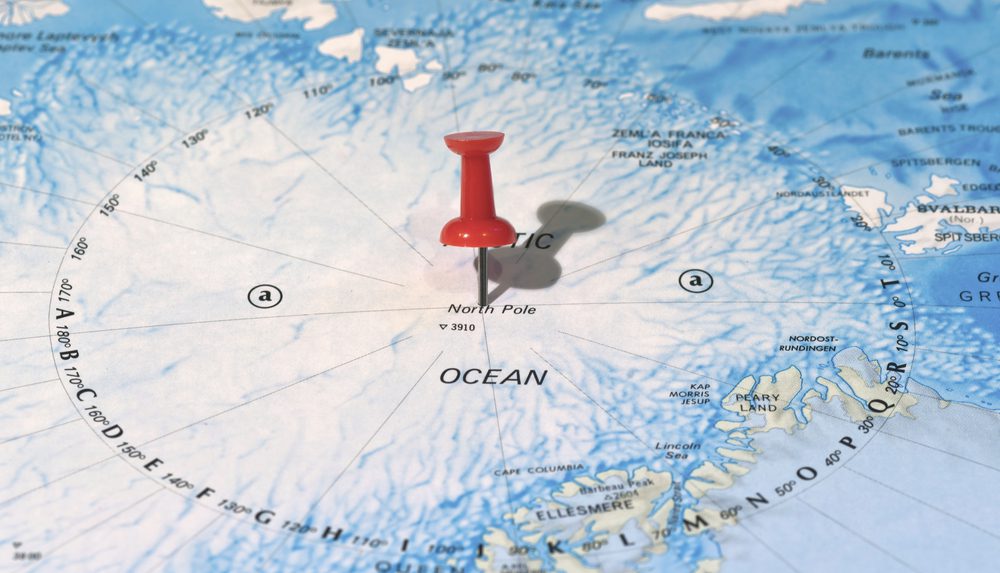
Historical Controversy: Who Discovered The North Pole?
In 1909, the New York Times shocked its readers with the revelation that explorer Robert Peary discovered the North Pole. Curiously, the New York Herald printed a similar story a week earlier, except that it credited Frederick Cook.
For centuries, the North Pole remained one of the last unexplored strongholds of the wild that seemed forever out of reach even for the bravest explorers. Suddenly, two men claimed they both went there, but who did it first?!?
Let’s get to the bottom of this historical controversy. Cook’s expedition took place almost a year before Peary’s. He simply delayed his announcement because he had to recover after. Thus, if both of them reached the North Pole, Cook undoubtedly did so first.
Afterwhich, Peary and his supporters went on a smear campaign against him. Particularly noteworthy was testimony by Edward Barrill, a blacksmith who allegedly accompanied Cook on a different trip to climb Mount McKinley in 1906.
According to his account, Cook lied and never reached the top. If he lied about that, then, obviously, he would also lie about reaching the North Pole. However, the New York Herald reported that the Peary Arctic Club had paid off Barrill to discredit Cook.
Cook sent all his proof to the University of Copenhagen and gave a verdict for his claim of “not proven.” Although this was different from “disproven,” the two became the same in the eyes of the public.
For decades, Robert Peary was hailed as the first to reach the North Pole, but his evidence also came into question in recent years. Many explorers and scholars believe this historical controversy is false either way.
Neither has reached the North Pole, but each one still has its supporters.
…If you enjoy reading about historical controversies, we suggest you check THIS out!
Historical Controversy: Why Were Women Buried At Stonehenge?
If you want scandalous historical controversies that baffle experts even after decades of study, look no further than Stonehenge. Archaeologists seem to make a new discovery at this prehistoric monument every few years, changing our perception of it.
A curious feature of Stonehenge is the Aubrey Holes, a ring of 56 chalk pits surrounding the main structure. They’ve been excavated since the 1920s and revealed cremated remains, showing that Stonehenge functioned as a cemetery in its early phases.
The excavations persisted; in 2016, archaeologists found the remains of 14 women in one of the Aubrey Holes. Their ages ranged between 4,000 to 5,000 years old. Scientists agree that the women buried at Stonehenge had to have high status.
Still, the find raises new questions about women’s overall roles in the community that occupied the area. Project member Christie Willis concluded that a women’s status within that society equaled that of men.
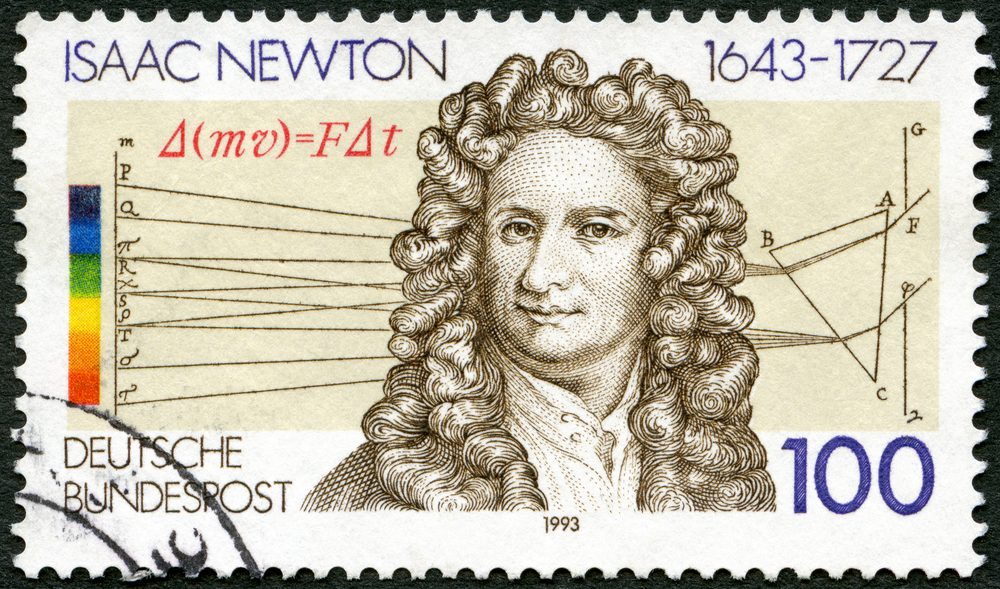
Historical Controversy: DID Newton Invent Calculus?
Calculus might be the bane of every high school student’s existence. But back in the early 18th century, it was the primary source of a passionate dispute between two of history’s greatest mathematicians.
Nowadays, scholars agree that Isaac Newton and Gottfried Wilhelm Leibniz developed their ideas independently and should both receive credit. Neither one of them would have agreed with this statement, though.
Leibniz believed he alone deserved the honor, not just for himself, but for the “good of mathematics.” On the other hand, Newton accused Leibniz of being a plagiarist and a second inventor whose work was based on his own.
The heart of the issue comes from both scientists starting work on calculus decades before publishing it. Newton was somewhat notorious for his hesitant nature regarding his work.
He claimed to have first worked on calculus in 1666 when he was only 23 years old, but his paper didn’t go into print until 1704. Leibniz also took his time, but not as long as Newton.
He published “Nova Methodus pro-Maximis et Minimis” in 1684, a decade after he started writing it. His critics argued that Leibniz obtained Newton’s unpublished papers and composed his work from that.
Of course, there is no direct evidence to support or dismiss this idea.
…No matter the outcome of this historical controversy, we all know who Newton is…Have you heard of Leibniz?!?
If you liked this list of historical controversies, we’ve got many more great reads. W especially love this one: 8 Inspiring Historical Sites Every American Should Visit

